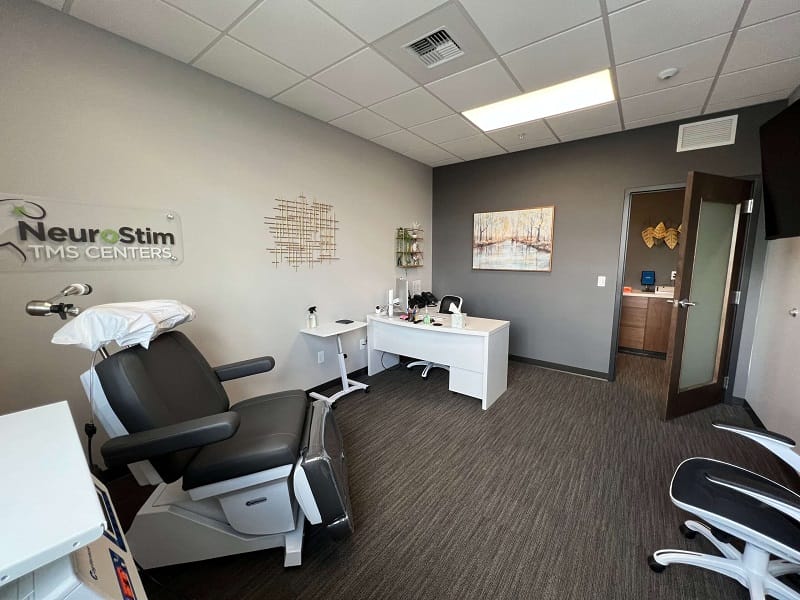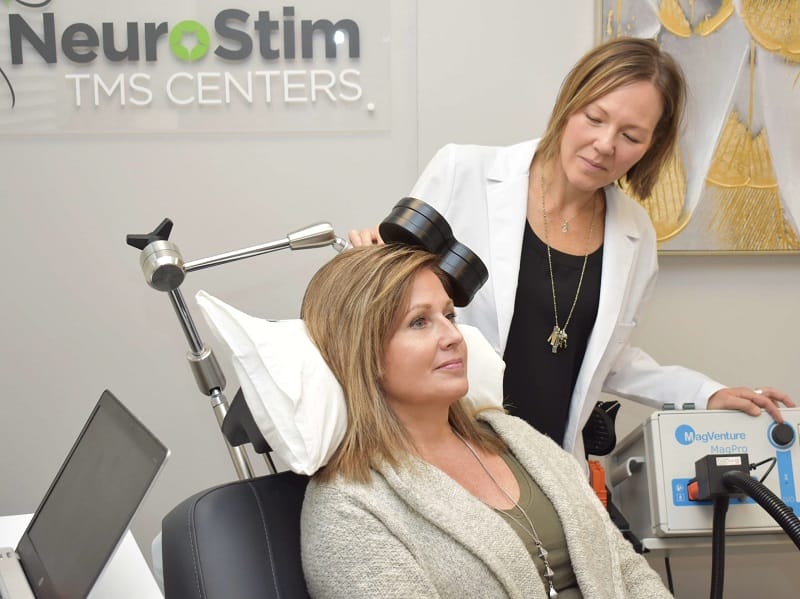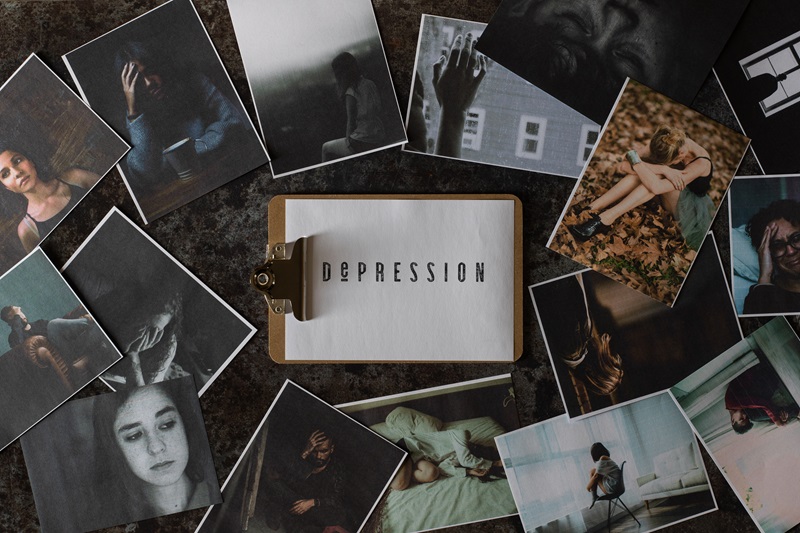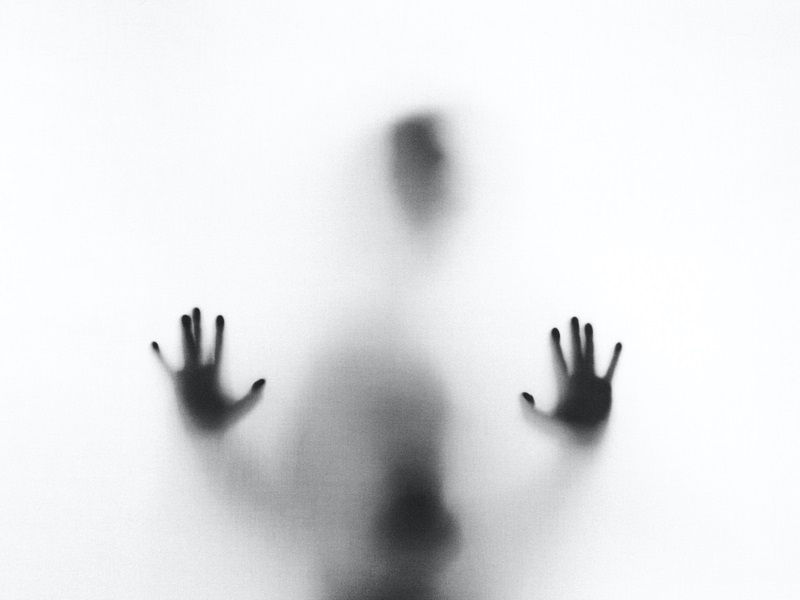
Apr 25, 2024
In a society that celebrates the American Dream–if you work hard enough, you’ll succeed–the affliction of perfectionism sounds great. It can help with pursuing achievements and a comfortable life, so what’s the harm? Unfortunately, the intense pressure and expectation...

Apr 18, 2024
Supporting a loved one with depression requires compassion and patience. There is a fine balance necessary to navigate conversations about their mental well-being. Knowing what to say and what not to say can be challenging. Your words and actions can have a profound...

Apr 9, 2024
While not always openly discussed, infertility affects millions of people worldwide. The dream of starting a family can quickly turn into a nightmare when things don’t turn out the way you planned. Physical challenges can cause heartaches and take a toll on mental...

Mar 12, 2024
According to the CDC, nearly 13% of people 12 years or older reported taking antidepressants in the last month. Of that group, 60% have been taking them for two years or more, while 14% have been taking them for more than 10 years. Antidepressants have a long history...

Mar 5, 2024
Major depressive disorder (MDD) is one of the most common mental health issues, affecting millions worldwide. Despite its prevalence and the extensive research on the condition, practitioners only partially understand what goes on in your brain when you have MDD. This...

Feb 29, 2024
Starting your transcranial magnetic stimulation (TMS) treatment journey is a significant step towards depression relief. Since gaining FDA approval in 2008, TMS has revolutionized depression treatment as an effective non-invasive therapy. Now, it’s an FDA-cleared...

Feb 22, 2024
Whether you’re experiencing a short bout of situational depression after you’ve moved away from home for the first time, or the wintery weather is bringing your mood down, depression in any form is not easy to deal with. Medication is a common and effective approach...

Dec 4, 2023
Depression is a mood disorder and mental health problem that the World Health Organization (WHO) estimates affects 3.8% of people, or nearly three million worldwide. Since the global events of 2020, clinical depression rates have reached crisis proportions, especially...

Nov 27, 2023
Depression is a complex mood disorder that impacts every aspect of your life—including your sex life. In the general population, nearly 42% of men report sexual difficulties. One study looking at sexual issues in depressed males found 62.5% experienced sexual...

Nov 20, 2023
According to the World Health Organization (WHO), 15% of adults live with a mental disorder, and 12 billion working days are lost annually due to anxiety and depression. Mood disorders have risen at unprecedented rates since 2020, especially depression and anxiety....











